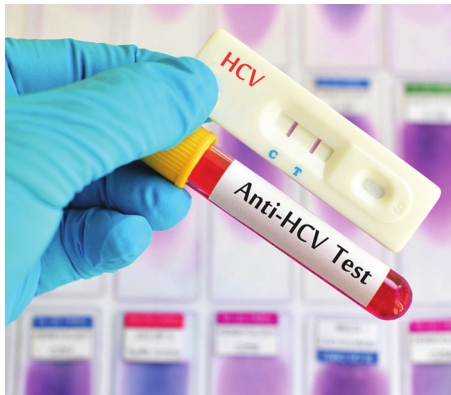A SILENT EPIDEMIC

Treatment and solutions for Hepatitis C
Were you born between 1945 and 1965? If so, have you been tested for Hepatitis C?
Recent Centers for Disease Control and Prevention guidelines suggest this is the age group of many undiagnosed carriers of Hep C. Without treatment, these carriers may face advanced liver disease issues during the aging process. It is estimated 2.4 million Americans do not know they are infected with the hepatitis C virus.
Common risk factors include prior intranasal drug use, IV drug use and blood transfusions prior to 1990.
New medications – oral therapies, not the injections used in the past – offer reduced treatment time, increased cure rate and far fewer side effects. These drugs are designed to rid the body of the virus. By directly attacking the virus, the drug interferes with the virus’ ability to replicate.
These new medications have completely changed the way Hep C is being treated – even for people who may not have responded to treatment in the past or who have been ineligible for treatment due to medical problems.
Cure rates are 90-95 percent, and most therapy is for 12 weeks. While expensive, access to the drug has become more available as many
insurance carriers will now cover the cost of the drug with the
appropriate documentation of the stage of the disease. The side effects
tend to be minimal (fatigue, weakness or headache, to name a few), and
you have a very good chance of being cured.
From here, a path of healthy living awaits you: Maintain a healthy weight, stay active, get the right amount of sleep each night and limit alcohol and tobacco.
The first step is to know whether you have Hep C. Consider asking your primary care physician if you are at risk of being an undiagnosed carrier. If you have been diagnosed, know that there is now a cure that can change your life.
Dr. David Dies is currently a partner with GastroIntestinal Specialists and serves on the Board of Directors. He is also co-director of the Liver Center at GastroIntestinal Specialists and serves as the medical director of Liver Transplantation at the Willis Knighton Regional Liver Transplant Program. Dr. Dies is the author of numerous peer reviewed publications. His special interests include advanced liver and biliary disease as well as advanced ERCP procedures.
